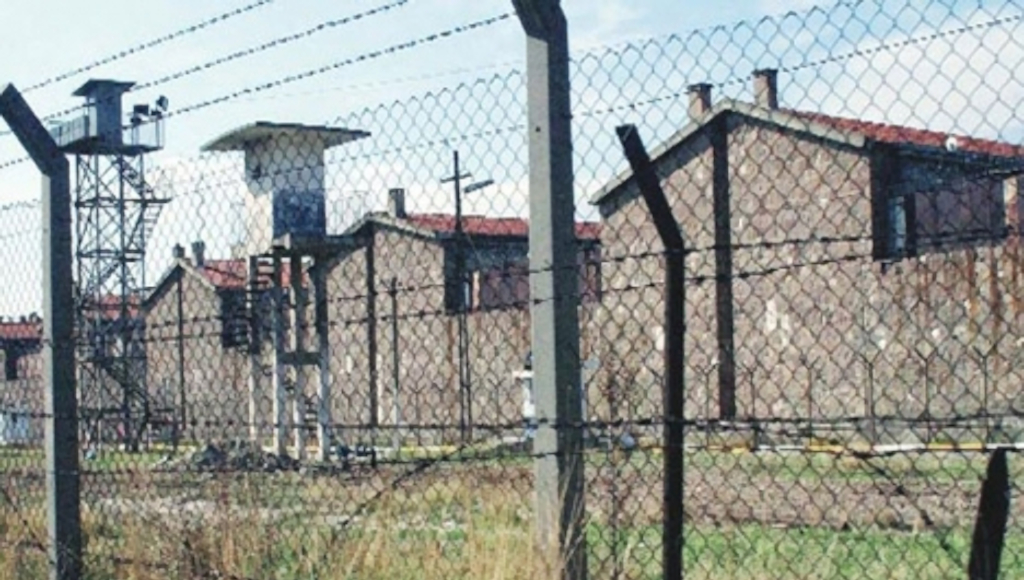Turkey’s Constitutional Court has found rights violations in the disciplinary punishment given by the prison administration to a convict in central Turkey for using “insulting” remarks to describe a prison administrator in two petitions, the ANKA news agency reported on Tuesday.
The authorities suspended inmate Fevzi Kayacan from participating in some activities at Konya Prison for one month for describing one of the prison administrators as “short, rather broad-faced, large-bodied” and “having difficulty walking because of his weight” in two petitions he wrote on Oct. 23, 2017.
The petitions, addressed to the Directorate General of Prisons and Houses of Detention (CTE), part of the Ministry of Justice, and Konya 6th High Criminal Court, were read by the prison authorities who then found some of the statements “insulting” and decided to punish Kayacan for using them.
According to ANKA, the prisoner submitted an application to the Constitutional Court concerning his punishment after two similar objections he had filed with lower courts were rejected.
The top court ruled that the disciplinary punishment imposed on Kayacan was a violation of his right to freedom of expression, stating that the prison administration “does not have the authority to read the petitions, nor does it have the authority to take any action regarding the words it has determined [to be insulting] after reading the petitions.”
Inmates in the past have written to opposition deputies complaining about their suffering in prison. They have mentioned being mistreated by prison staff as well as overcrowding and unsanitary conditions.
The annual report on the violation of human rights in Turkish prisons published early in 2022 by the Diyarbakır Bar Association revealed that rights violations increased in 2021 and that prison conditions had worsened.
According to the report, mistreatment increased in prisons, but claims of mistreatment were not investigated and the perpetrators were often not held accountable.
Lawyer Diyar Çetedir, from the bar, said Turkish prisons had become centers for torture and mistreatment, where inmates were subject to humiliating and degrading practices. She added that the only way to stop such practices was to hold perpetrators accountable and to have transparent and effective investigations into claims of mistreatment.

